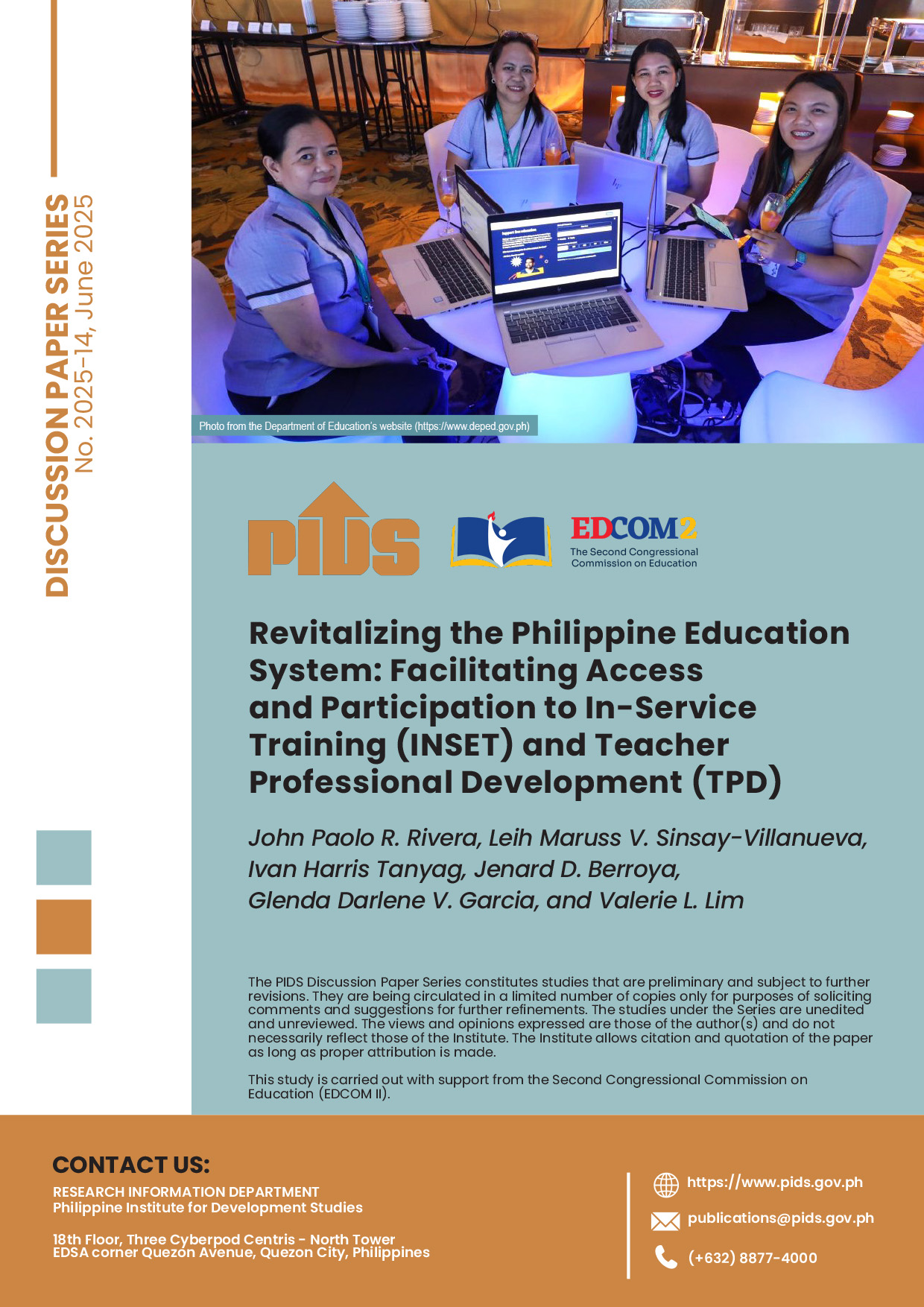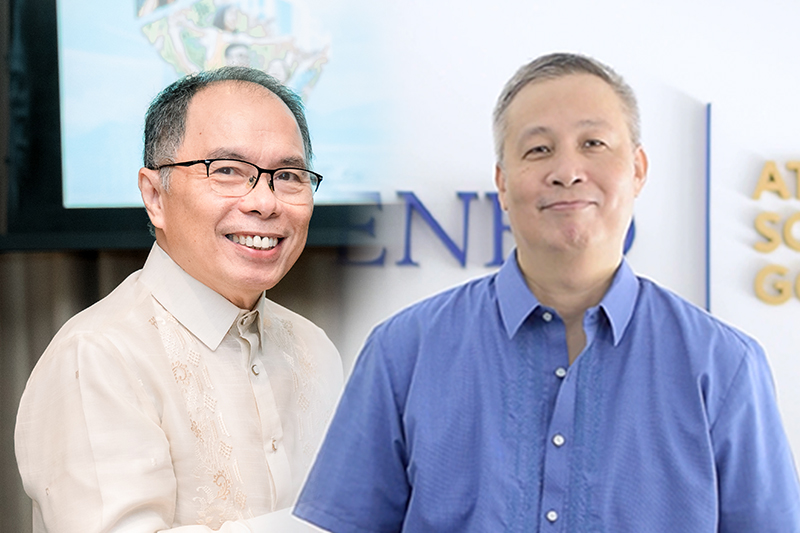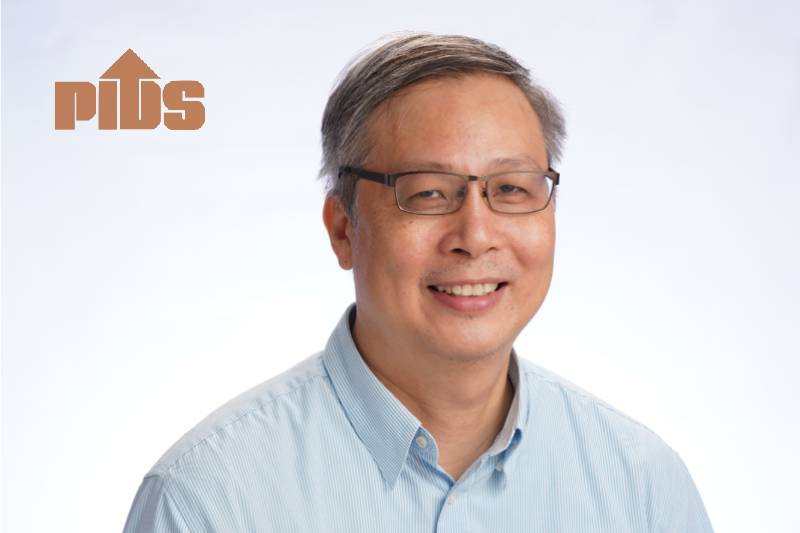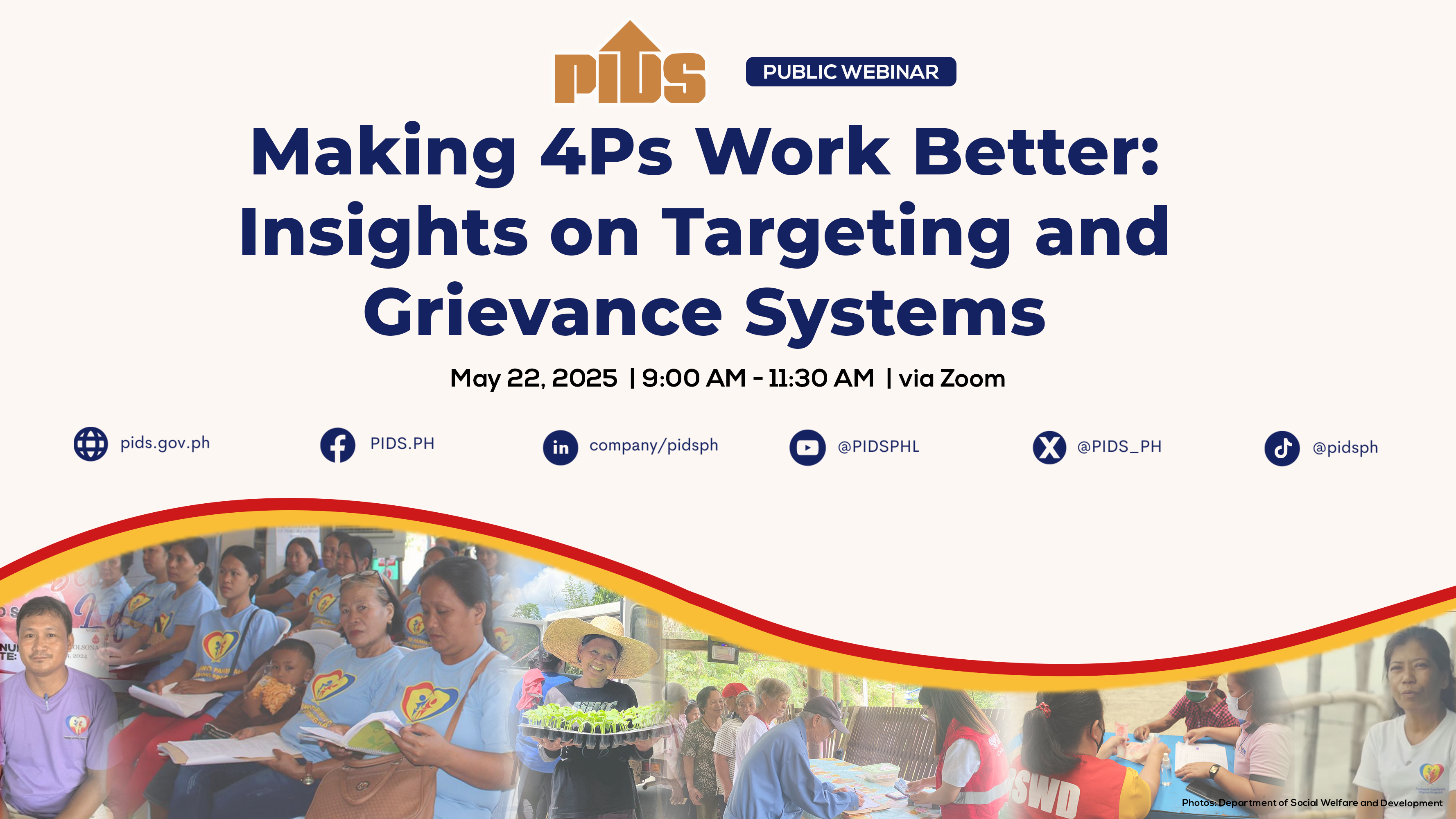Brookings Institution's High Quality Think Tank Brand Helped Secure Top Global Think Tank in Ranking
Philadelhpia, PA (PRWEB) January 29, 2016
The Think Tanks and Civil Societies Program (TTCSP) at the University of Pennsylvania today released its 2015 Global Go To Think Tank Index Report, the most comprehensive ranking of the world’s top think tanks. Simultaneous launch events were held by 107 research organizations across 70 cities in 60 countries worldwide. The report will be translated into more than 20 languages. Last year the Go To Index was downloaded 175, 000 times.
As the premier database and measure of world think tanks, the Go To Index aims to increase the profile, performance and impact of think tanks, and to create a transnational and interdisciplinary network of centers of public policy excellence.
“Flows of information for rich policy analysis and research today are often disparate and fractured, which leads to a vital need for resources that highlight the best policy research out there,” said James McGann, PhD, director of the University of Pennsylvania’s Think Tanks and Civil Societies Program. “The independent Index is designed to help users of information and policy analysis identify the leading centers of excellence in public policy research around the world.”
The launch of the 2015 Go To Index in Washington D.C. was hosted by the World Bank. A discussion was held on “Why Think Tanks Matter: Helping Make People Centered Public Policy & Development a Priority.” An afternoon session at the United Nation Headquarters in New York City focused on arms control, trade, development (SDGs) and the Environment (COP21.) The Index was also distributed through a network of global partners, giving institutions a chance to highlight the crucial role they play in building and maintaining civil society in their countries and regions.
The annual report, compiled with assistance from more than 4,700 peer institutions and experts from the print and electronic media, academia, public and private donor institutions, and governments from 143 countries. This peer and expert ranking process is designed to identify the top think tanks in every region of the world and in key policy areas such as economic policy, security policy and health policy:
1. Top Think Tanks in the World
2. Top Think Tanks by Region
3. Top Think Tanks by Area of Research
4. Top Think Tanks by Special Achievement
This year’s report also includes new Regional Studies categories as well as a Think Tank with the Best Practices (Policies and Procedures) to assure the Quality, Independence and Integrity of its Policy Research category. There is also a Think Tank Innovation feature; a detailed analysis of innovative practices that think tanks are undertaking to generate new frontiers in policy research and influence.
The Brookings Institution ranked first on the Global Think Tank list for the eighth consecutive year. Index reports since 2008 can be found online at http://gotothinktank.com/rankings. Below are highlights of the 2015 rankings:
Top Think Tanks Worldwide (U.S. and non-U.S.)
• Brookings Institutions (United States)
• Chatham House (United Kingdom)
• Carnegie Endowment for International Peace (United States)
• Center for Strategic and International Studies (CSIS) (United States)
• Bruegel (Belgium)
Top Defense and National Security Think Tanks
• Center for Strategic and International Studies (CSIS) (United States
• International Institute for Strategic Studies (IISS) (United Kingdom)
• RAND Corporation (United States)
• Brookings Institution (United States)
• Chatham House (United Kingdom)
Top Foreign Policy and International Affairs Think Tanks
• Chatham House (United Kingdom)
• Brookings Institution (United States)
• Carnegie Endowment for International Peace (United States)
• Council on Foreign Relations (CFR) (United States)
• Center for Strategic and International Studies (CSIS) (United States)
The following regional launch partners will be hosting events in close to 70 cities around the world:
List of Global Host and Partners for the 2015 Global Go to Launch and Why Think Tanks Matter Events:
1. Afghanistan Research and Evaluation Unit (Afghanistan)
2. Argentine Council for International Relations (Argentina)
3. Centro de Implementación de Políticas Públicas para la Equidad y el Crecimiento (CIPPEC) (Argentina)
4. Australian Institute of International Affairs (Australia)
5. Australian Strategic Policy Institute (Australia)
6. Institute for Economics and Peace (Australia)
7. Security and Defence Studies Centre, Australian National University (Australia)
8. Centre for Economic and Social Development (Azerbaijan)
9. Bruegel (Belgium)
10. Fundação Getulio Vargas (Brazil)
11. Groupe de Recherche et d'Analyse Appliqués pour le Développement (GRAAD-Burkina) (Burkina Faso)
12. The Fraser Institute (Canada)
13. Centro de Estudios Publicos (Chile)
14. Center for China and Globalization (China)
15. Charhar Institute (China)
16. Chongyang Institute for Financial Studies, Renmin University (China)
17. Penn Wharton China Center (PWCC) (China)
18. Shanghai Academy of Social Sciences (China)
19. Centre d'Etudes et de Recherche sur les Analyses et politiques Economiques (CERAPE) (Congo)
20. EUROPEUM (Czech Republic)
21. Prague Security Studies Institute (Czech Republic)
22. Fundación Global Democracia y Desarrollo – FUNGLODE (Dominican Republic)
23. Egyptian Council for Foreign Affairs (Egypt)
24. Regional Center for Strategic Studies (Egypt)
25. United Nations Economic Commission for Africa (Ethiopia)
26. Institute of International and Strategic Relations (France)
27. Ecologic Institute (Germany)
28. Friedrich-Ebert-Stiftung (Germany)
29. German Development Institute (Germany)
30. IASS Potsdam (Germany)
31. Konrad-Adenauer-Stiftung (Germany)
32. Asociación de Investigación y Estudios Sociales (ASIES) (Guatemala)
33. Centro de Estudios Económico-Sociales (CEES) (Guatemala)
34. Development Alternatives (India)
35. Gateway House: Indian Council on Global Relations (India)
36. Integrated Research and Action for Development IRADe (India)
37. Observer Research Foundation (India)
38. Middle East Research Institute (Iraq)
39. Institute of International and European Affairs (IIEA) (Ireland)
40. Institute for National Security Studies (Israel)
41. Israel Democracy Institute (Israel)
42. Institute for International Political Studies (Italy)
43. Asian Development Bank Institute (Japan)
44. Japan Institute of International Affairs (Japan)
45. Center for Strategic Studies (Jordan)
46. African Economic Research Consortium (Kenya)
47. Kenya Institute for Public Policy Research and Analysis (KIPPRA) (Kenya)
48. National Institute for Strategic Studies of the Kyrgyz Republic (Kyrgyzstan)
49. Latvian Institute of International Affairs (LIIA) (Latvia)
50. American University of Beirut (Lebanon)
51. Carnegie Middle East Center (Lebanon) (TBC)
52. Institute of Strategic and International Studies (Malaysia)
53. Ethos Public Policy Lab (Mexico)
54. Mexican Council on Foreign Relations (COMEXI) (Mexico)
55. OCP Policy Center (Morocco)
56. Royal Institute for Strategic Studies (Morocco)
57. Development Research and Project Centre (Nigeria)
58. University of Ibadan Think Tank Forum (Nigeria)
59. Norwegian Institute of International Affairs (Norway)
60. Alternate Solutions Institute (Pakistan)
61. Pakistan Institute of International Affairs (Pakistan)
62. Sustainable Development Policy Institute (Pakistan)
63. Group for the Analysis of Development- GRADE (Peru)
64. Asian Development Bank (Philippines)
65. Asian Institute of Management Policy Center (Philippines)
66. Philippine Institute for Development Studies (Philippines)
67. Polish Institute of International Affairs (Poland)
68. Al Jazeera Center for Studies (Qatar)
69. Carnegie Moscow Center (Russia)
70. Council for the Development of Social Science Research in Africa (Senegal)
71. Asia Competitiveness Institute, Lee Kwan Yew School of Public Policy (Singapore)
72. Centre on Asia and Globalisation, Lee Kwan School of Public Policy (Singapore)
73. Institute of Policy Studies, Lee Kwan School of Public Policy (Singapore)
74. Institute of Water Policy Lee Kwan School of Public Policy (Singapore)
75. ACCORD (South Africa)
76. Barcelona Centre for International Affairs (Spain)
77. Fundación Alternativas (Spain)
78. Timbro (Sweden)
79. Policy Research for Development (REPOA) (Tanzania)
80. Association for Liberal Thinking (Turkey)
81. Foundation for Political, Economic and Social Research (Turkey)
82. Center for Leadership, Suleyman Demirel University (Turkey)
83. Sheikh Saud bin Saqr Al Qasimi Foundation for Policy Research (UAE)
84. Razumkov Centre (Ukraine)
85. Adam Smith Institute (UK)
86. European Council on Foreign Relations (UK)
87. Centro de Estudios para el Desarrollo (Uruguay)
88. Asia Society Policy Institute (USA)
89. Brookings Institution (USA)
90. Carnegie Council for Ethics in International Affairs (USA)
91. Center for Strategic and International Studies (USA)
92. Chicago Council on Global Affairs (USA)
93. Fels Center of Government (USA)
94. Foreign Policy Research Institute (USA)
95. Hudson Institute (USA)
96. Lauder Institute, University of Pennsylvania (USA)
97. Pacific Council on International Policy (USA)
98. Penn Global, University of Pennsylvania (USA)
99. Perry World House, University of Pennsylvania (USA)
100. Philadelphia Diplomatic Corps (USA)
101. Rice University's Baker Institute for Public Policy (USA)
102. Think Tanks and Civil Societies Program, University of Pennsylvania (USA)
103. United Nations (USA)
104. Wilson Center (USA)
105. World Bank (USA)
106. CEDICE Libertad (Venezuela)
107. African Capacity Building Foundation (Zimbabwe)
About Penn’s Think Tanks and Civil Societies Program (TTCSP)
The Think Tanks and Civil Societies Program (TTCSP) at the Lauder Institute (University of Pennsylvania) is designed to increase the profile, capacity, and performance of think tanks at the national, regional, and global levels, so they can better serve policymakers and the public. TTCSP conducts research on the relationship between think tanks, politics, and public policy, produces the annual Global Go To Think Tank Index, develops capacity-building resources and programs, supports a global network of close to 7,000 think tanks, and trains future think tank scholars and executives.
Often referred to as the “think tanks’ think tank,” TTCSP examines the evolving role and character of public policy research organizations. Over the last 20 years, the Think Tanks and Civil Societies Program has laid the foundation for a global initiative that will help bridge the gap between knowledge and policy in critical policy areas such as international peace and security, globalization and governance, international economics, environment, information and society, poverty alleviation, and health. This international collaborative effort is designed to establish regional and international networks of policy institutes and communities that will improve policy making as well as strengthen democratic institutions and civil societies around the world.//
Philadelhpia, PA (PRWEB) January 29, 2016
The Think Tanks and Civil Societies Program (TTCSP) at the University of Pennsylvania today released its 2015 Global Go To Think Tank Index Report, the most comprehensive ranking of the world’s top think tanks. Simultaneous launch events were held by 107 research organizations across 70 cities in 60 countries worldwide. The report will be translated into more than 20 languages. Last year the Go To Index was downloaded 175, 000 times.
As the premier database and measure of world think tanks, the Go To Index aims to increase the profile, performance and impact of think tanks, and to create a transnational and interdisciplinary network of centers of public policy excellence.
“Flows of information for rich policy analysis and research today are often disparate and fractured, which leads to a vital need for resources that highlight the best policy research out there,” said James McGann, PhD, director of the University of Pennsylvania’s Think Tanks and Civil Societies Program. “The independent Index is designed to help users of information and policy analysis identify the leading centers of excellence in public policy research around the world.”
The launch of the 2015 Go To Index in Washington D.C. was hosted by the World Bank. A discussion was held on “Why Think Tanks Matter: Helping Make People Centered Public Policy & Development a Priority.” An afternoon session at the United Nation Headquarters in New York City focused on arms control, trade, development (SDGs) and the Environment (COP21.) The Index was also distributed through a network of global partners, giving institutions a chance to highlight the crucial role they play in building and maintaining civil society in their countries and regions.
The annual report, compiled with assistance from more than 4,700 peer institutions and experts from the print and electronic media, academia, public and private donor institutions, and governments from 143 countries. This peer and expert ranking process is designed to identify the top think tanks in every region of the world and in key policy areas such as economic policy, security policy and health policy:
1. Top Think Tanks in the World
2. Top Think Tanks by Region
3. Top Think Tanks by Area of Research
4. Top Think Tanks by Special Achievement
This year’s report also includes new Regional Studies categories as well as a Think Tank with the Best Practices (Policies and Procedures) to assure the Quality, Independence and Integrity of its Policy Research category. There is also a Think Tank Innovation feature; a detailed analysis of innovative practices that think tanks are undertaking to generate new frontiers in policy research and influence.
The Brookings Institution ranked first on the Global Think Tank list for the eighth consecutive year. Index reports since 2008 can be found online at http://gotothinktank.com/rankings. Below are highlights of the 2015 rankings:
Top Think Tanks Worldwide (U.S. and non-U.S.)
• Brookings Institutions (United States)
• Chatham House (United Kingdom)
• Carnegie Endowment for International Peace (United States)
• Center for Strategic and International Studies (CSIS) (United States)
• Bruegel (Belgium)
Top Defense and National Security Think Tanks
• Center for Strategic and International Studies (CSIS) (United States
• International Institute for Strategic Studies (IISS) (United Kingdom)
• RAND Corporation (United States)
• Brookings Institution (United States)
• Chatham House (United Kingdom)
Top Foreign Policy and International Affairs Think Tanks
• Chatham House (United Kingdom)
• Brookings Institution (United States)
• Carnegie Endowment for International Peace (United States)
• Council on Foreign Relations (CFR) (United States)
• Center for Strategic and International Studies (CSIS) (United States)
The following regional launch partners will be hosting events in close to 70 cities around the world:
List of Global Host and Partners for the 2015 Global Go to Launch and Why Think Tanks Matter Events:
1. Afghanistan Research and Evaluation Unit (Afghanistan)
2. Argentine Council for International Relations (Argentina)
3. Centro de Implementación de Políticas Públicas para la Equidad y el Crecimiento (CIPPEC) (Argentina)
4. Australian Institute of International Affairs (Australia)
5. Australian Strategic Policy Institute (Australia)
6. Institute for Economics and Peace (Australia)
7. Security and Defence Studies Centre, Australian National University (Australia)
8. Centre for Economic and Social Development (Azerbaijan)
9. Bruegel (Belgium)
10. Fundação Getulio Vargas (Brazil)
11. Groupe de Recherche et d'Analyse Appliqués pour le Développement (GRAAD-Burkina) (Burkina Faso)
12. The Fraser Institute (Canada)
13. Centro de Estudios Publicos (Chile)
14. Center for China and Globalization (China)
15. Charhar Institute (China)
16. Chongyang Institute for Financial Studies, Renmin University (China)
17. Penn Wharton China Center (PWCC) (China)
18. Shanghai Academy of Social Sciences (China)
19. Centre d'Etudes et de Recherche sur les Analyses et politiques Economiques (CERAPE) (Congo)
20. EUROPEUM (Czech Republic)
21. Prague Security Studies Institute (Czech Republic)
22. Fundación Global Democracia y Desarrollo – FUNGLODE (Dominican Republic)
23. Egyptian Council for Foreign Affairs (Egypt)
24. Regional Center for Strategic Studies (Egypt)
25. United Nations Economic Commission for Africa (Ethiopia)
26. Institute of International and Strategic Relations (France)
27. Ecologic Institute (Germany)
28. Friedrich-Ebert-Stiftung (Germany)
29. German Development Institute (Germany)
30. IASS Potsdam (Germany)
31. Konrad-Adenauer-Stiftung (Germany)
32. Asociación de Investigación y Estudios Sociales (ASIES) (Guatemala)
33. Centro de Estudios Económico-Sociales (CEES) (Guatemala)
34. Development Alternatives (India)
35. Gateway House: Indian Council on Global Relations (India)
36. Integrated Research and Action for Development IRADe (India)
37. Observer Research Foundation (India)
38. Middle East Research Institute (Iraq)
39. Institute of International and European Affairs (IIEA) (Ireland)
40. Institute for National Security Studies (Israel)
41. Israel Democracy Institute (Israel)
42. Institute for International Political Studies (Italy)
43. Asian Development Bank Institute (Japan)
44. Japan Institute of International Affairs (Japan)
45. Center for Strategic Studies (Jordan)
46. African Economic Research Consortium (Kenya)
47. Kenya Institute for Public Policy Research and Analysis (KIPPRA) (Kenya)
48. National Institute for Strategic Studies of the Kyrgyz Republic (Kyrgyzstan)
49. Latvian Institute of International Affairs (LIIA) (Latvia)
50. American University of Beirut (Lebanon)
51. Carnegie Middle East Center (Lebanon) (TBC)
52. Institute of Strategic and International Studies (Malaysia)
53. Ethos Public Policy Lab (Mexico)
54. Mexican Council on Foreign Relations (COMEXI) (Mexico)
55. OCP Policy Center (Morocco)
56. Royal Institute for Strategic Studies (Morocco)
57. Development Research and Project Centre (Nigeria)
58. University of Ibadan Think Tank Forum (Nigeria)
59. Norwegian Institute of International Affairs (Norway)
60. Alternate Solutions Institute (Pakistan)
61. Pakistan Institute of International Affairs (Pakistan)
62. Sustainable Development Policy Institute (Pakistan)
63. Group for the Analysis of Development- GRADE (Peru)
64. Asian Development Bank (Philippines)
65. Asian Institute of Management Policy Center (Philippines)
66. Philippine Institute for Development Studies (Philippines)
67. Polish Institute of International Affairs (Poland)
68. Al Jazeera Center for Studies (Qatar)
69. Carnegie Moscow Center (Russia)
70. Council for the Development of Social Science Research in Africa (Senegal)
71. Asia Competitiveness Institute, Lee Kwan Yew School of Public Policy (Singapore)
72. Centre on Asia and Globalisation, Lee Kwan School of Public Policy (Singapore)
73. Institute of Policy Studies, Lee Kwan School of Public Policy (Singapore)
74. Institute of Water Policy Lee Kwan School of Public Policy (Singapore)
75. ACCORD (South Africa)
76. Barcelona Centre for International Affairs (Spain)
77. Fundación Alternativas (Spain)
78. Timbro (Sweden)
79. Policy Research for Development (REPOA) (Tanzania)
80. Association for Liberal Thinking (Turkey)
81. Foundation for Political, Economic and Social Research (Turkey)
82. Center for Leadership, Suleyman Demirel University (Turkey)
83. Sheikh Saud bin Saqr Al Qasimi Foundation for Policy Research (UAE)
84. Razumkov Centre (Ukraine)
85. Adam Smith Institute (UK)
86. European Council on Foreign Relations (UK)
87. Centro de Estudios para el Desarrollo (Uruguay)
88. Asia Society Policy Institute (USA)
89. Brookings Institution (USA)
90. Carnegie Council for Ethics in International Affairs (USA)
91. Center for Strategic and International Studies (USA)
92. Chicago Council on Global Affairs (USA)
93. Fels Center of Government (USA)
94. Foreign Policy Research Institute (USA)
95. Hudson Institute (USA)
96. Lauder Institute, University of Pennsylvania (USA)
97. Pacific Council on International Policy (USA)
98. Penn Global, University of Pennsylvania (USA)
99. Perry World House, University of Pennsylvania (USA)
100. Philadelphia Diplomatic Corps (USA)
101. Rice University's Baker Institute for Public Policy (USA)
102. Think Tanks and Civil Societies Program, University of Pennsylvania (USA)
103. United Nations (USA)
104. Wilson Center (USA)
105. World Bank (USA)
106. CEDICE Libertad (Venezuela)
107. African Capacity Building Foundation (Zimbabwe)
About Penn’s Think Tanks and Civil Societies Program (TTCSP)
The Think Tanks and Civil Societies Program (TTCSP) at the Lauder Institute (University of Pennsylvania) is designed to increase the profile, capacity, and performance of think tanks at the national, regional, and global levels, so they can better serve policymakers and the public. TTCSP conducts research on the relationship between think tanks, politics, and public policy, produces the annual Global Go To Think Tank Index, develops capacity-building resources and programs, supports a global network of close to 7,000 think tanks, and trains future think tank scholars and executives.
Often referred to as the “think tanks’ think tank,” TTCSP examines the evolving role and character of public policy research organizations. Over the last 20 years, the Think Tanks and Civil Societies Program has laid the foundation for a global initiative that will help bridge the gap between knowledge and policy in critical policy areas such as international peace and security, globalization and governance, international economics, environment, information and society, poverty alleviation, and health. This international collaborative effort is designed to establish regional and international networks of policy institutes and communities that will improve policy making as well as strengthen democratic institutions and civil societies around the world.//












